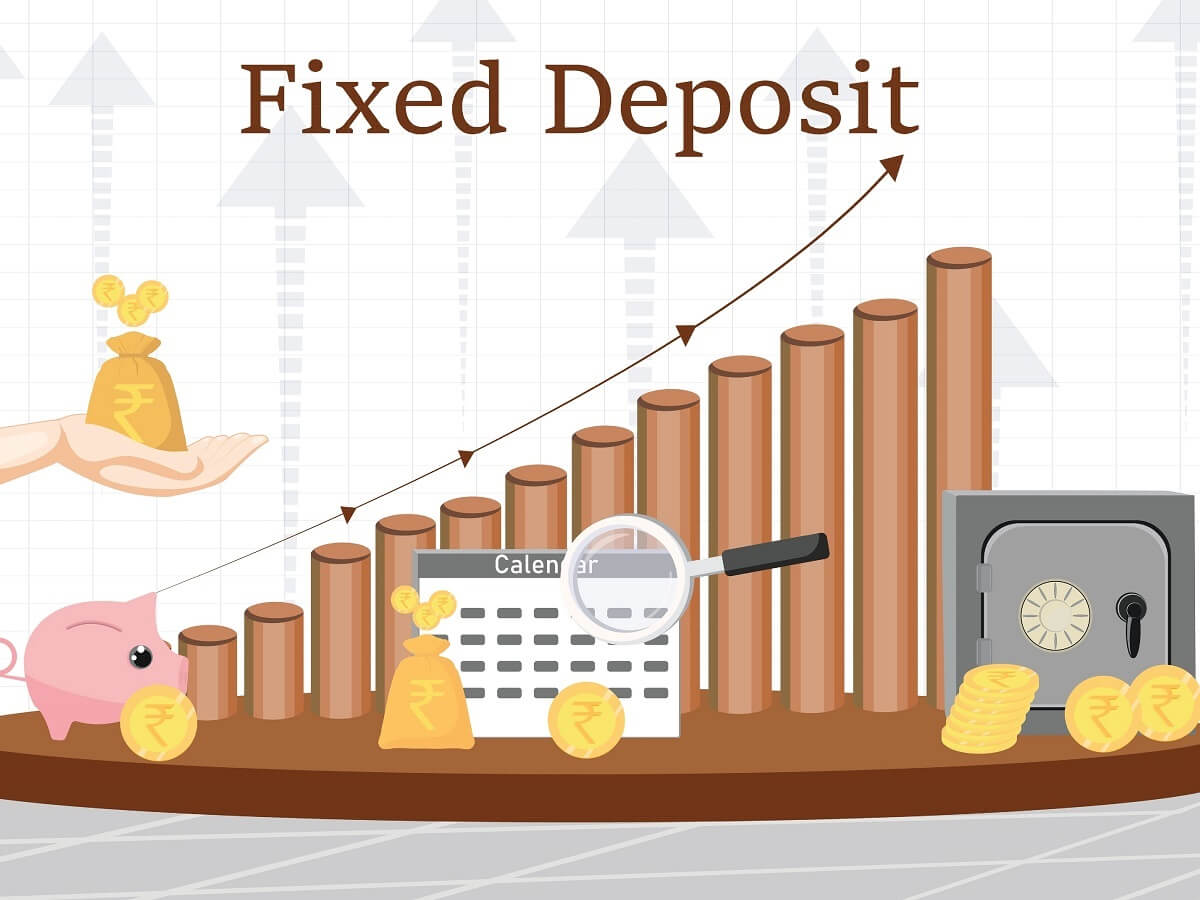Retirement planning is a crucial aspect of financial management. It requires careful consideration and strategic investment choices to ensure a financially secure future. Out of various investment options, fixed deposits (FDs) are essential in retirement planning due to their stability, reliability, and guaranteed returns. In this article, we will explore the benefits of FDs in retirement planning and how you can use a fixed deposit calculator to calculate your FD returns.
The safety and stability of fixed deposits
Fixed deposits are favoured in retirement planning for their safety and stability. Unlike market-linked investments, which are subject to fluctuations, FDs provide a secure avenue for preserving capital. They are offered by reputable banks and financial institutions, backed by robust regulatory frameworks. With a fixed deposit interest rate and a predetermined tenure, retirees can rely on steady income without worrying about market volatility. This stability makes FDs attractive for retirees seeking financial security during their post-retirement years.
Guaranteed returns and regular income stream
Fixed deposits offer guaranteed returns, making them especially appealing for retirees prioritising a predictable income flow during their post-retirement years. The fixed deposit interest rate is fixed at the time of investment, allowing retirees to calculate and plan their future income accurately. This predictability helps in budgeting, managing expenses, and ensuring a comfortable lifestyle throughout retirement.
Additional read: How To Use A FD Calculator?
Diversification and risk management
Retirement planning involves diversifying investments to mitigate risk and ensure a balanced portfolio. While it's advisable to have a mix of asset classes, including equities, bonds, and real estate, fixed deposits offer an essential element of stability to the overall portfolio. They act as a low-risk asset that helps retirees preserve capital and reduce exposure to market volatility. Including fixed deposits in a retirement portfolio provides a safety net during uncertain economic conditions.
Liquidity and emergency funds
Fixed deposits offer a level of liquidity that is crucial during retirement. While the funds are locked in for a specific tenure, FDs provide retirees the option for premature withdrawal or taking a loan against the deposit. This flexibility ensures that retirees can access their funds in case of emergencies or unexpected expenses.
Tax benefits and estate planning
Fixed deposits can also offer tax benefits depending on the prevailing tax laws in your country. In some regions, senior citizens may be eligible for higher fixed deposit interest rates or enjoy tax exemptions on the interest earned from fixed deposits. Retirees should consult with a tax professional or financial advisor to understand the tax benefits of fixed deposits in their jurisdiction.
Conclusion
In conclusion, fixed deposits are integral to retirement planning due to their safety, guaranteed returns, regular income stream, risk management capabilities, liquidity, and tax benefits. They provide retirees stability, peace of mind, and financial security during their post-employment years. Using a fixed deposit calculator, you can calculate your FD returns and plan your retirement more effectively.
Mahindra Finance offers various FD options that cater to the needs of rural and semi-urban Indians looking for secure investment opportunities. Start securing your financial future today by exploring the benefits of FDs and using a fixed deposit calculator to plan your retirement.
FAQs
Q: What is a fixed deposit calculator?
A: A fixed deposit calculator is an online tool that helps you determine how much your fixed deposit will grow over time based on factors such as principal amount, interest rate, and tenure.
Q: How do I use a fixed deposit calculator?
A: To use a fixed deposit calculator, you need to input details such as the principal amount you wish to invest, the fixed deposit interest rate offered by the bank or financial institution, and the tenure of the deposit. The calculator will then provide you with the projected maturity amount.
Q: How does taxation work on fixed deposits?
A: Taxation on fixed deposits varies depending on the prevailing tax laws in your country. Senior citizens may enjoy tax exemptions or higher interest rates in some regions. It is recommended to consult with a tax professional or financial advisor to understand the specific tax implications of fixed deposits.
Q: Can I withdraw money from my fixed deposit before maturity?
A: Yes, most banks and financial institutions allow premature withdrawal of funds from fixed deposits. However, penalties or reduced interest rates may be associated with early withdrawals. It is essential to read the terms and conditions of your FD agreement before making any withdrawals.






















































